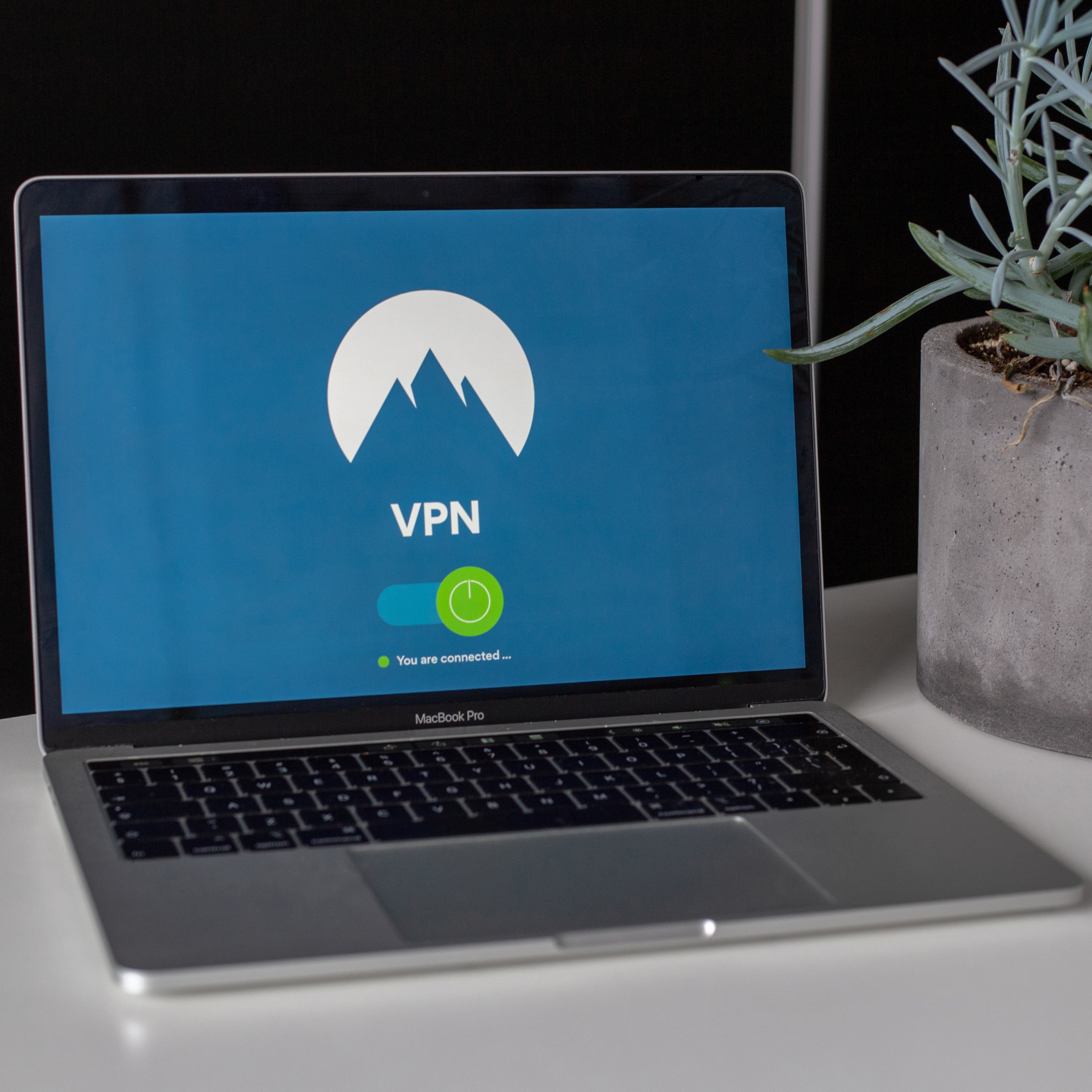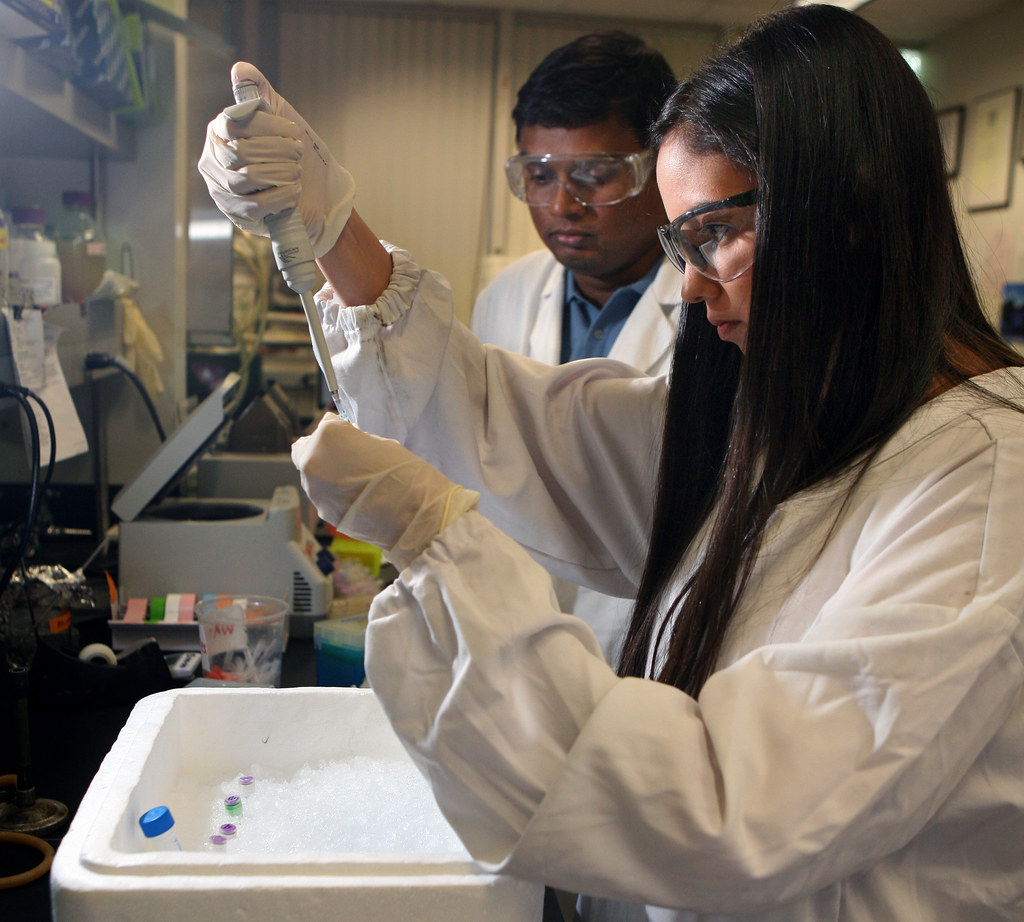The Office of Title-III Programs provides financial assistance to Historically Black Colleges and Universities (HBCUs) to establish or strengthen their physical plants, financial management, academic resources, and endowment-building capacity. Funds may be used for the purchase, rental, or lease of scientific or laboratory equipment. Also supported are the construction, maintenance, renovation, and improvement of instruction facilities. Funds support faculty exchanges and the development of academic instruction in disciplines in which black Americans are underrepresented. Projects may support the purchase of library materials as well as tutoring, counseling, and student service programs. Also supported are: funds and administrative management; joint use of facilities; establishment or improvement of development offices; establishment or enhancement of programs of teacher education; establishment of outreach programs; and other activities that a grantee proposes in its application that contributes to carrying out the purposes of the program and are approved by the Secretary as part of the review and acceptance of the grant application.
Enhancement of Biology Undergraduate Curriculum and Infrastructure to Establish a Forensic Science Certificate Program

The necessity for greater representation and advancement of minorities in the forensic science community is apparent from current events that emphasize the struggle for justice and equality in criminal justice and law enforcement. This activity will serve a twofold purpose: 1) enhance the Biology undergraduate curriculum and infrastructure and 2) establish an embedded Forensic Science Certificate Program in which coursework will result in a Bachelor of Science degree in Biology and an accredited certificate of Forensic Science being earned at the same time.
Implementing forensic biology across the Biology curriculum will have a positive impact on students, the Biology Department, and the University. Exposing students to the field of forensic biology will strengthen the biology curriculum and support learning in core academic subjects. Offering students a certificate in Forensic Science will prepare them for a wide range of career opportunities in specialized areas of forensics as well as professional school. The Career Outlook/Job Demand: 2013-2014 edition of the Occupational Outlook Handbook, the US Bureau of Labor Statistics reports that forensic scientist careers are expected to increase by 19% by the year 2020. A student career interest survey administered by Dr. Alphonso Keaton showed overwhelming interest in the Forensic Biology (~175 student, data available upon request). Additionally, the implementation of forensic biology into the curriculum is a recruitment tool to attract students interested in the field of Forensic Science.
Contact:
Deirdre Vaden, Ph.D., Associate Professor, Email: dlvaden@pvamu.edu, Phone : (936)261-3163
Enriching the Computing Curriculum through Computer and Cyber Security Education

The goal of this activity is to build a security laboratory where students can enhance their cyber defense skills. Four existing undergraduate courses (COMP1224, COMP3063, COMP4123, COMP4953) and one graduate elective (CINS5313) will be revamped to include hands-on security-related learning modules. The Special Topics course (COMP4073) will address issues such as Computer and Network Security, Mobile Security, and Cloud and Social Network Security. Furthermore, the Computer Science department will work collaboratively with other departments (e.g., Engineering Technology, Electrical and Computer Engineering, and Management Information Systems) on cybersecurity issues/projects.
Plans involve 1) hosting summer camps/workshops on computer security for pre-college students, 2) seeking National Security Agency designation as a national center of academic excellence in information assurance, and 3) offering an Information Assurance and Cyber Security concentration.
Contact:
Li, Lin, Ph.D., Associate Professor, Graduate Program Coordinator, Email: lilin@pvamu.edu, Phone: (936)261-9882
Establishing an Innovation and Entrepreneurship Program (IEP) in the College of Business

The IEP will include a revised curriculum, learning labs, and supporting activities. The rationale for building the IEP is to provide business and non-business majors with a structured, innovation-based curriculum that is linked to an experiential learning environment in which they can develop their business ideas. Students enrolled in IEP coursework will be required to utilize the lab to enhance their learning experience. Through the IEP, students will: (1) gain hands-on experience in the implementation of their business ideas and become familiar with the process of commercializing business ideas; (2) broaden their business network and better understand the power of teams through peer and industry collaborations; and (3) learn how to evaluate funding strategies and develop real-world strategies for growing new ventures.
Contact:
Lawrence McNeil, Assistant Professor, Management & Marketing, Email: lrmcneil@pvamu.edu, Phone: (936)261-9217
Integrating Hands-On Investing Experiences into the Finance Program

The proposed trading room at the College of Business is designed as a teaching lab to provide students with hands-on learning on business, real-life trading experiences, and access to business data for research. A trading room bridges the often criticized gap between education and real hands-on business experience. It creates an authentic and high-tech atmosphere that students feel they are in the real business world. This helps to build excitement, capture attention, and harness momentum, which are all essential aspects of the learning process. Integrating activities in the trading room into the curriculum will create a better business program that will enhance job prospects for our graduates as well as entice more business school applicants. In addition, the trading room with eye-catching equipment can be a showplace for students, alumni, and visitors, thus attracts prospective students, alumni donation and enhance the image of the College of Business and the entire University.
Mechanical Engineering Laboratory Enhancement

The Department of Mechanical Engineering has seen explosive growth in the undergraduate enrollment from 162 students in the Fall 2007 to 427 students in Fall 2014. Such a rapid increase in enrollment has made it difficult for the Department to provide adequate laboratory opportunities for mechanical engineering students. In addition, there is pressure from our accrediting agency, the Accreditation Board for Engineering and Technology, to strengthen the quality of the program. The proposed activities are designed to enhance the mechanical engineering program’s current infrastructure in three teaching laboratories (Measurements, Thermal Science, and Manufacturing) through the acquisition of up-to-date equipment and development of new laboratory experiments.
Contact:
Rambod Rayegan, Ph.D., Associate Professor and Interim Head, Email: rarayegan@pvamu.edu, Phone: (936)261-9964
Chemical Engineering Laboratory Enhancement

This activity will enhance the quality of laboratory education and the quantity of experiments available in the chemical engineering laboratory. In recent years, the chemical engineering department has experienced growth in the number of students within the major. Student enrollment has increased from 161 to 309 from Fall 2009 to Fall 2014. The growth has led to larger class sizes and the need for multiple sections of the same course. The biggest concern from the influx of students has been the impact seen in the laboratory courses. The latest modifications to the chemical engineering laboratory occurred in 2009. Two courses are directly affected by equipment acquisition: CHEG 4011: Chemical Engineering Laboratory II and CHEG 4031: Chemical Engineering Laboratory III. During the 2009 – 2010 academic year, 20 students were enrolled in CHEG 4011 and 12 in CHEG 4031; however, during the 2014 – 2015 year, enrollment was 71 and 72 students, respectively. As advised by the accreditation unit (ABET) of the department, equipment for current experiments will be replicated as doing so will decrease laboratory group sizes per experiment. It was also observed that existing computer units in the laboratory were old needed replacing. The computer units control the operation of the experiments and are a necessity. Based on increased student enrollment and an assessment of the chemical engineering laboratory, the chemical engineering department is proposing a series of enhancements that will benefit student learning, faculty instruction, and departmental accreditation.
Contact:
Heena M. Reeves, Ph.D., Assistant Professor, Email: smreeves@pvamu.edu, Phone: (936)261-9413
